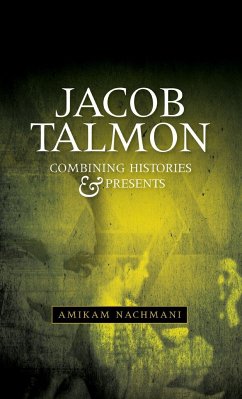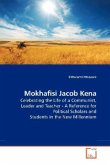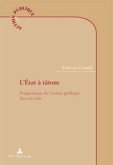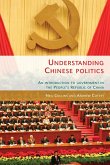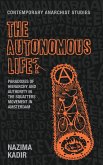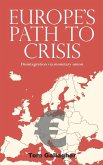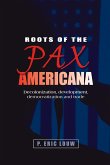Jacob Talmon: Combining histories and presents is the first book-length account in English of Jacob Talmon on humanism, the university and society, and the ideal role of professors and scientists. Talmon (1916-80), Professor of Modern History at Jerusalem's Hebrew University, was listed among the twenty most influential historians of the twentieth century. He is best remembered for The Origins of Totalitarian Democracy (1952) and Political Messianism (1960). This book is not a biography but a discourse on a unique mind. Its points of departure are four seminal Talmonic works: his exchange of views with Oxford historian Arnold Toynbee following the 1967 Six Day War; a 10,000-word treatise "The Idea of the University;" his public admonitions to David Ben-Gurion over the Lavon Affair; and his 1980 open letter to Menachem Begin, containing his prophesy of unending conflict in the Middle East. Talmon believed that historians should not just record history but, as he did, interpret and disseminate the wisdom of history's lessons to the public and political leaders. The changing role of the university, the decline of the liberal arts in favour of technology and the social sciences and the displacement of humanism by the market economy were of particular concern. Amikam Nachmani's book demonstrates that intellectual history need not be purely the province of intellectuals; his keen turn of phrase and insights into the future captivate minds and will return readers to the enjoyment of a 'good book'.

